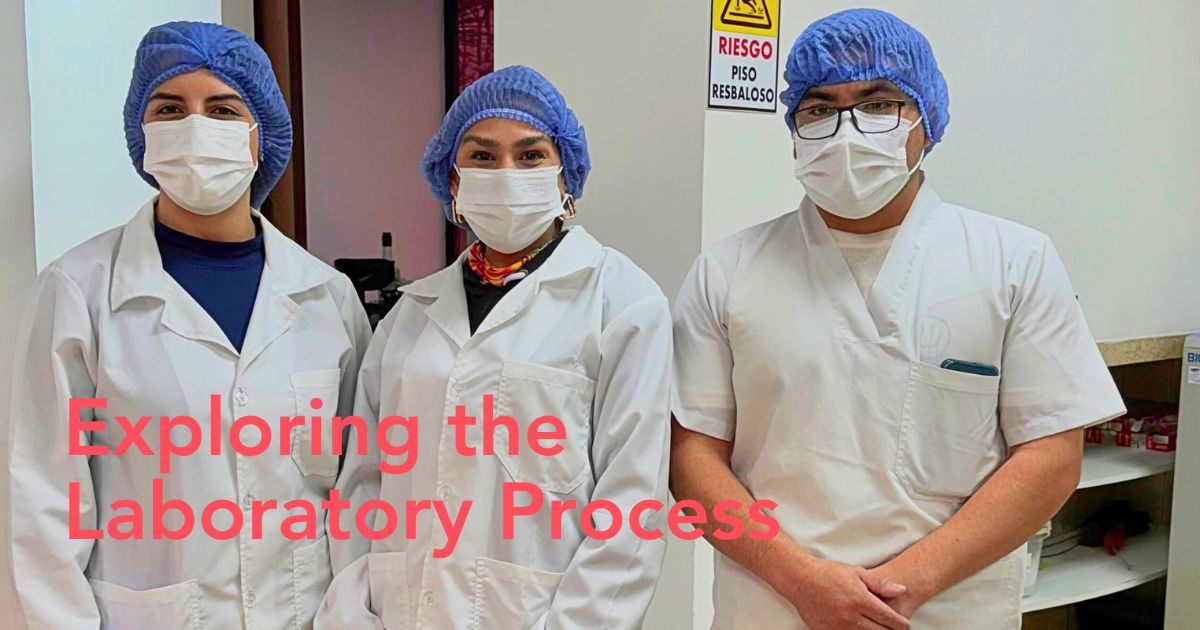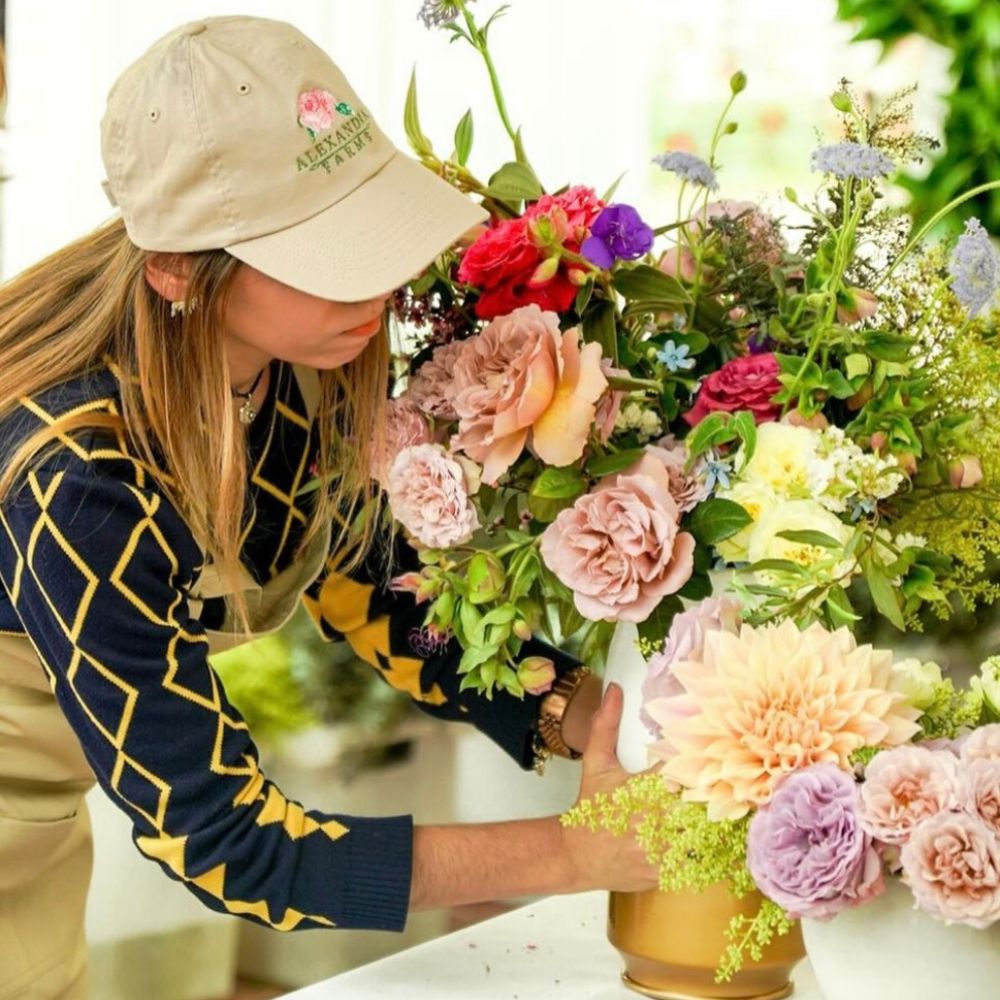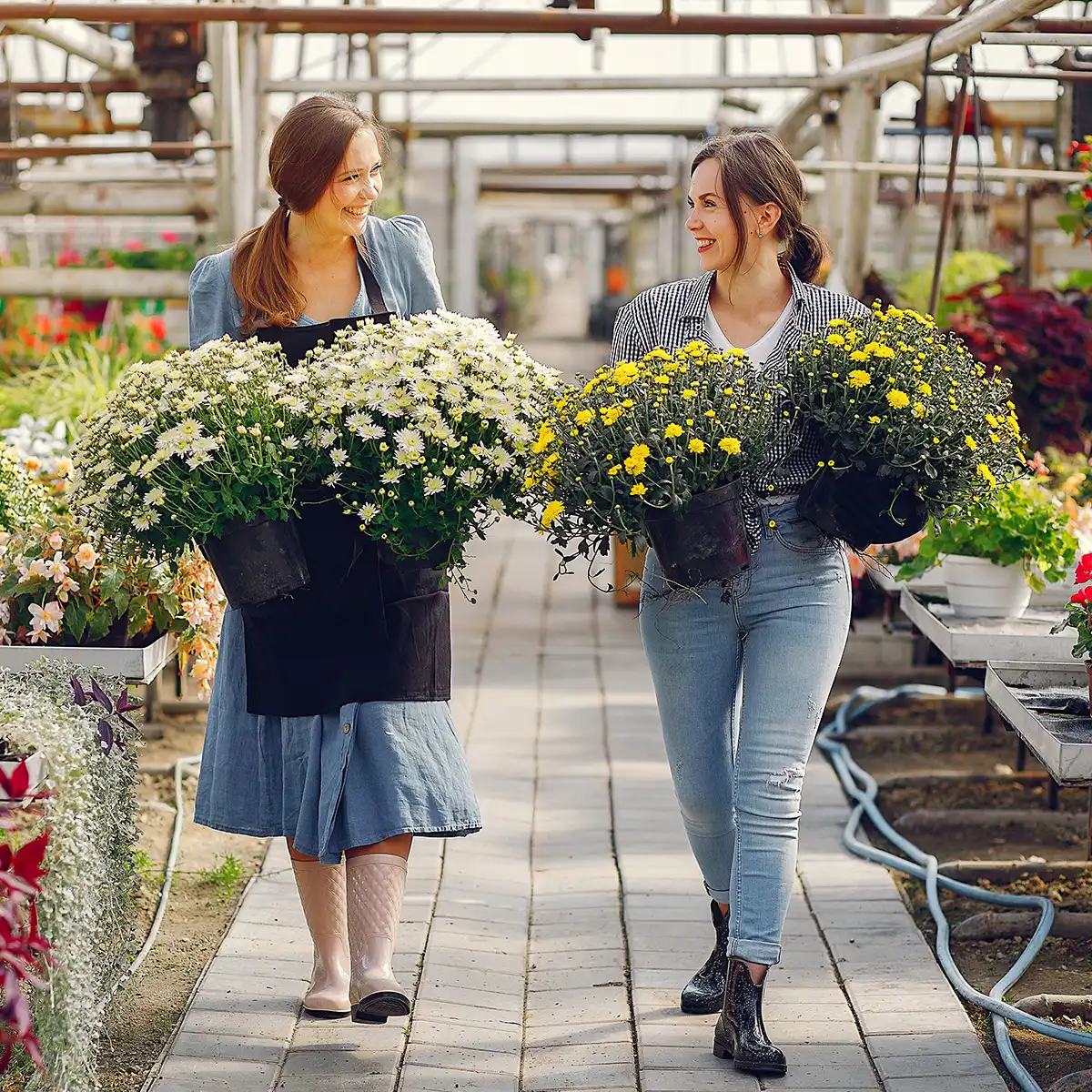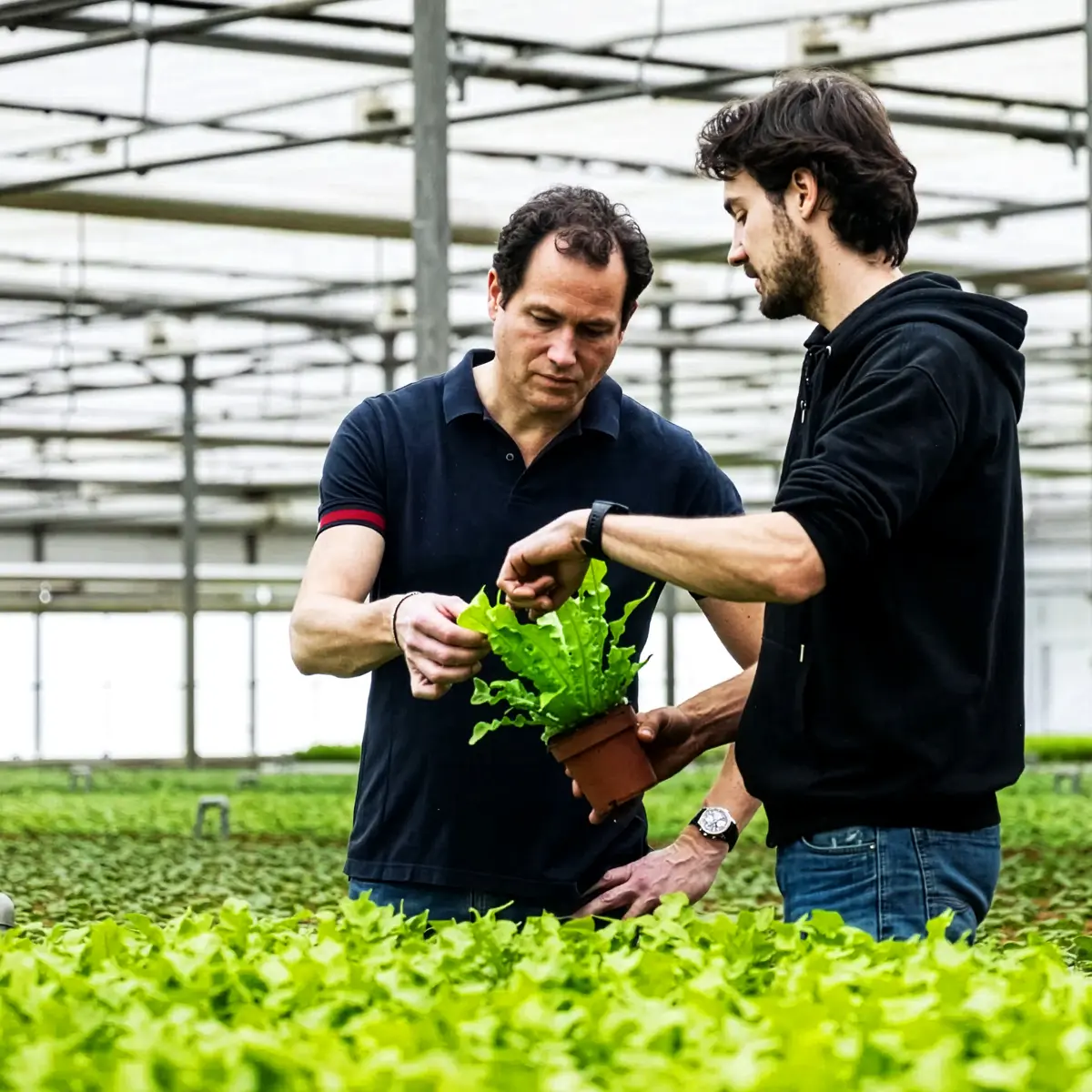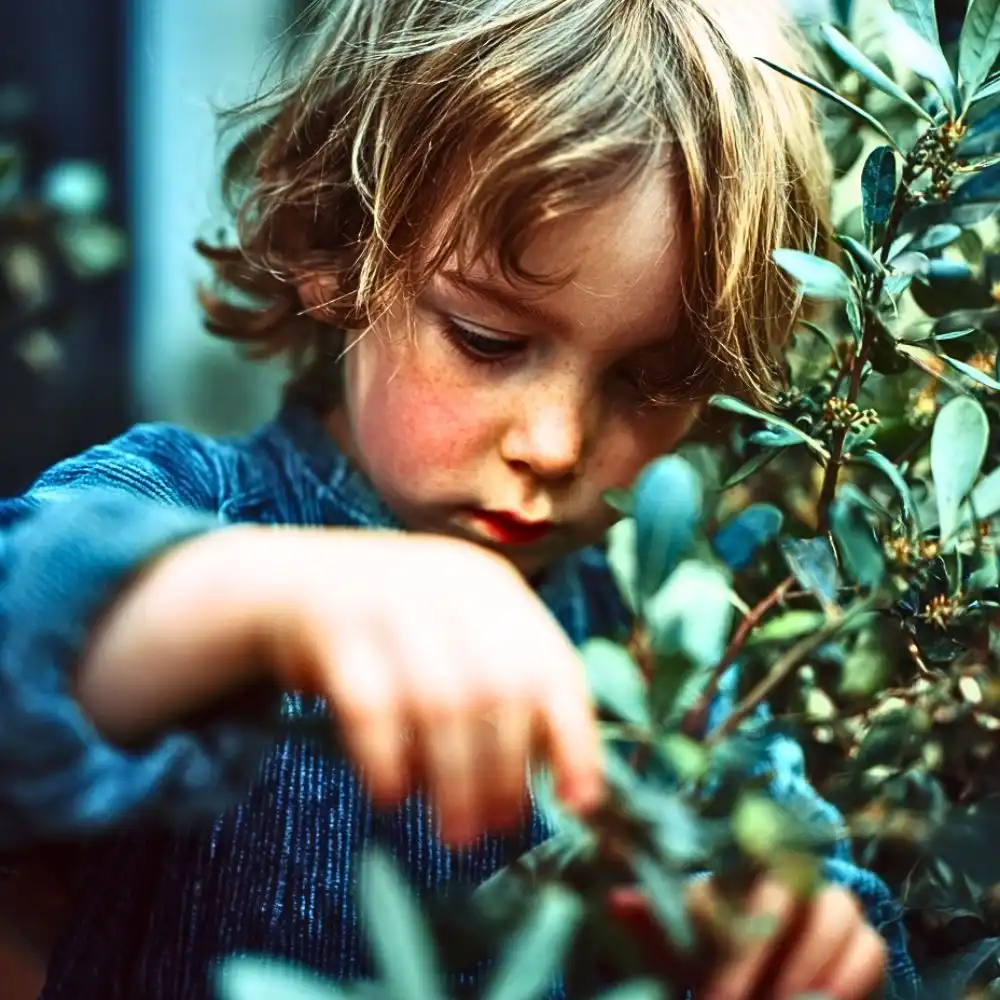As a floral designer, I admire nature's beauty and those who work to preserve and enrich it. My recent visit to Sunrite Farms was a very special experience—one where science, innovation, and the passion for growing flowers came together to move the industry's sustainability goals forward.
Sun, Science, and Sustainability - A Day at Sunrite Farms
A fascinating part of my tour was visiting their biotechnology laboratory. I witnessed firsthand how they cultivate beneficial fungi that naturally strengthen their crops. Instead of relying on traditional chemical treatments, Sunrite prepares biological solutions that protect the roses they grow, the people who harvest them, and the soil they grow in, minimizing negative environmental impacts every step.

The Power of Bio-inputs - A Safe and Efficient Alternative
Carolina Cabrera, who leads the Research and Development department at Sunrite Farms, explained how these beneficial fungi optimize production and create a safer working environment. How so? Unlike conventional chemical applications, which require extended waiting periods before workers can re-enter the greenhouses, their bio-inputs allow operators to keep working without interruption, improving worker safety and operational efficiency.
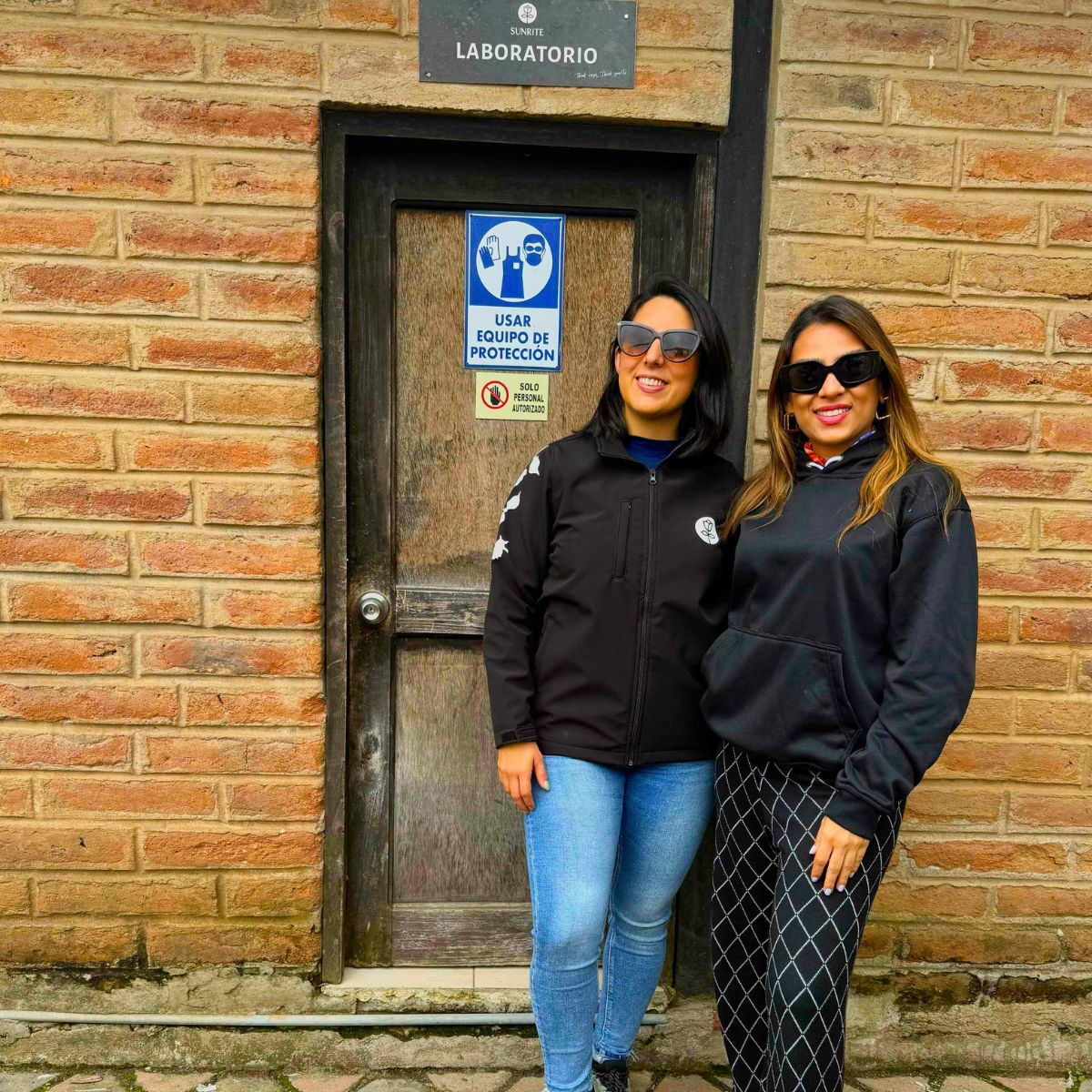
Some of the lab’s key developments include:
Trichoderma – a botryticide that helps control botrytis in plants.
Paecilomyces – a nematicide that combats root-damaging worms.
Beauveria – a biological insecticide that controls pests such as fungus gnats, whiteflies, thrips, and ladybugs.
Penicillium – an environmental fungus strategically used to control powdery mildew.
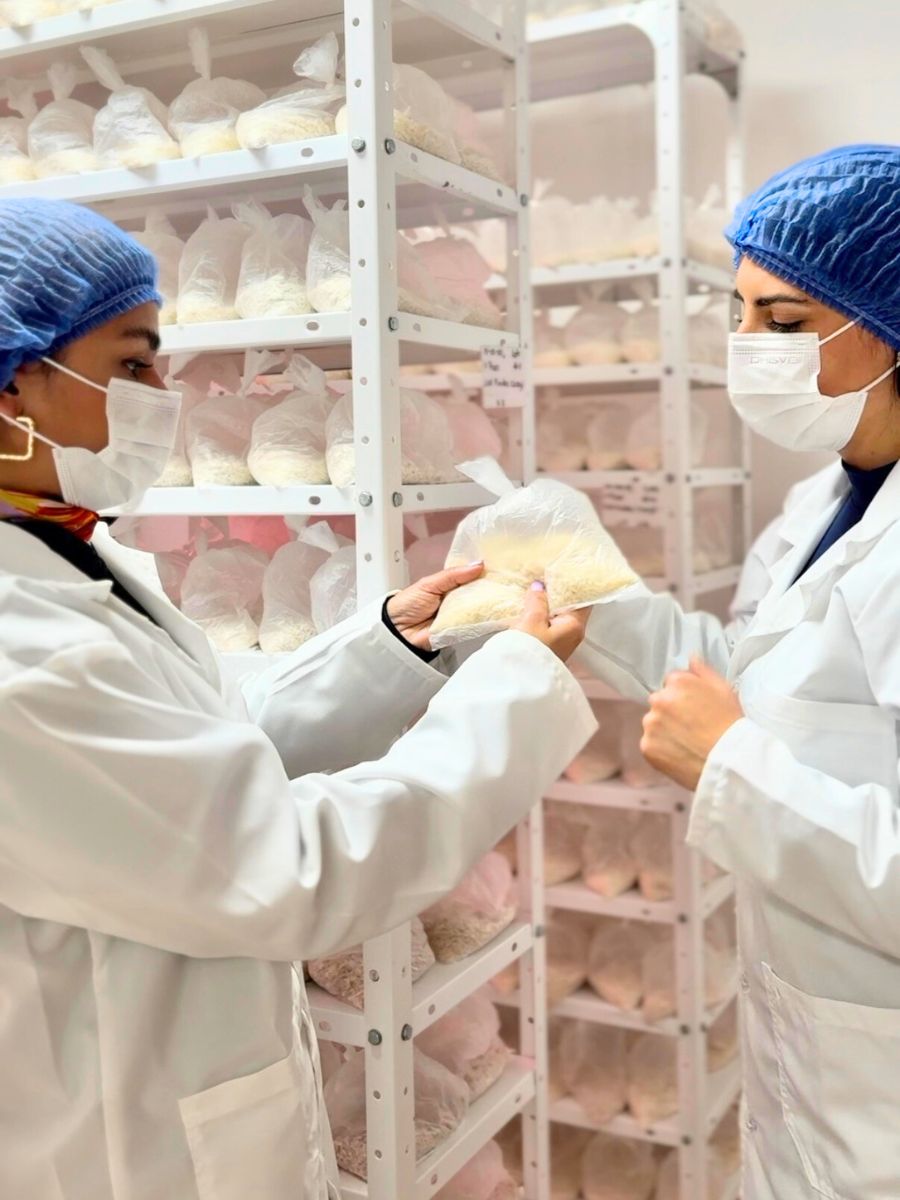
These innovations reflect the company's commitment to precision, sustainability, and respect for natural balance.
Innovation With Purpose - The Future of Floriculture
Sunrite Farms proves that sustainability and efficient production can go hand in hand. Their approach to biotechnology in floriculture sets an example for the industry, enabling the cultivation of high-quality flowers without compromising the health of the soil, the environment, or the people behind every stem.
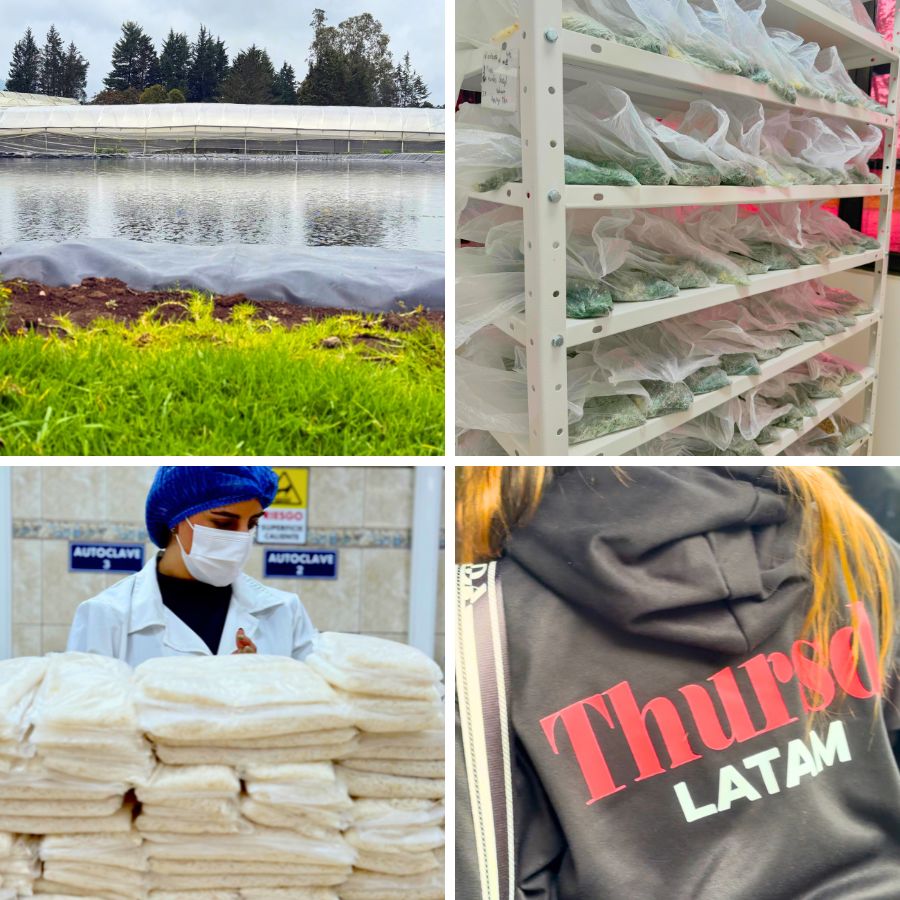

Carolina and her team continue to develop new alternatives through in-house research, constantly working toward greater advances in sustainability. They are launching experiments with beneficial bacteria, just as promising as their fungi research, to pursue innovative solutions to enhance rose production and overall cultivation further.
As their motto says:
"Think roses, think Sunrite."
Don't forget to watch this short reel from my visit:

